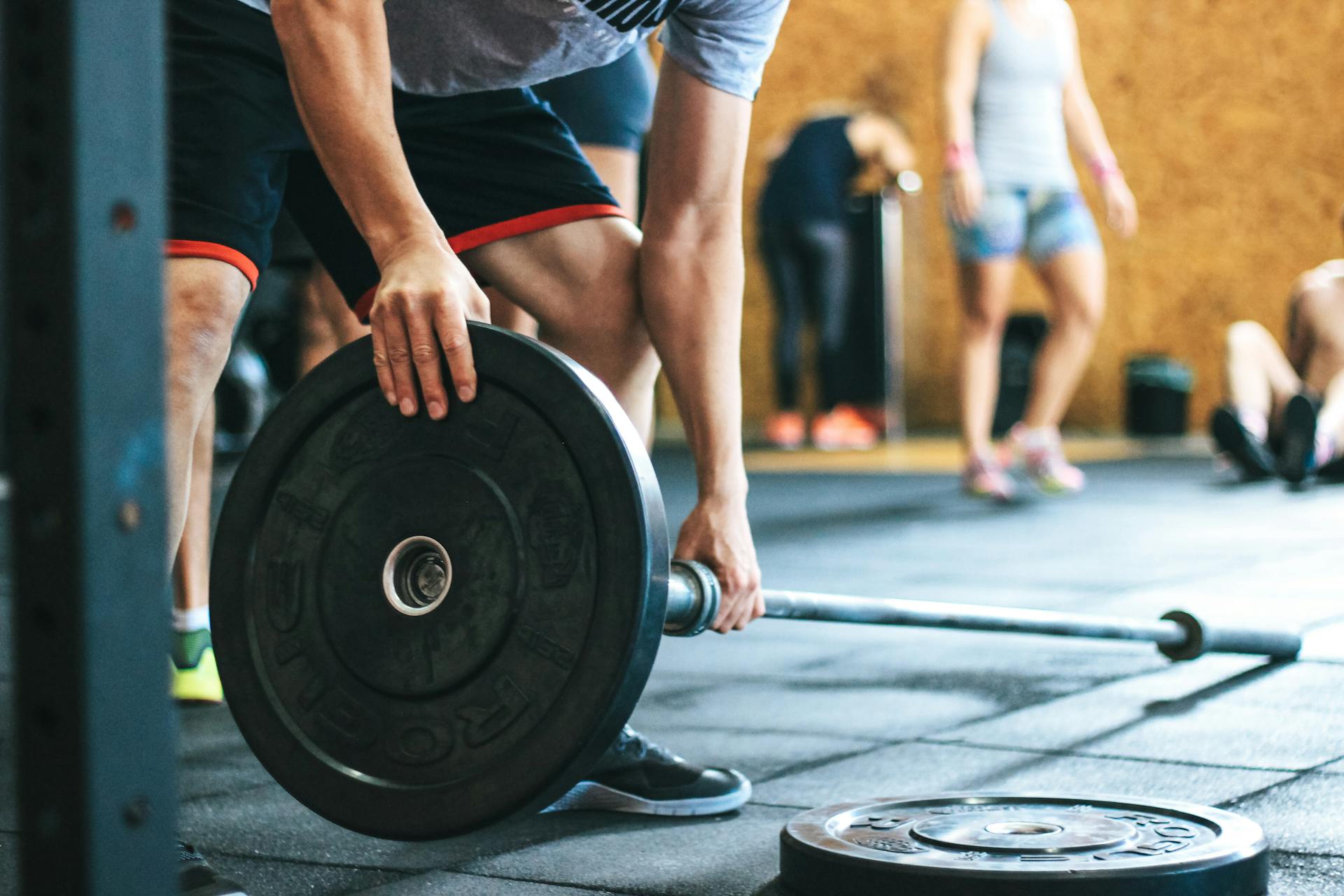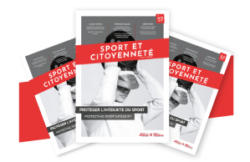Sport integrity: a constant battle

Preserving the integrity of sports competitions is essential to keeping their beauty and their value. Sophie Kwasny, Executive Secretary of the Enlarged partial agreement on sport (EPAS), looks at the challenges facing sport and highlights the efforts of the Council of Europe to protect this integrity through such instruments as the European Sports Charter and the Macolin Convention.
Preserving the integrity of sports competitions aims to maintain all the beauty of the performance, the magic of the unexpected and the value of effort by ensuring fairness and respect for the rules. It is a question of fighting against abusive, fraudulent or illegal practices by means of tools and mechanisms for protection and prevention, all of which require the cooperation of those involved. In the competitive environment of sport, there are a variety of things that can threaten the integrity of competitions. One example is doping, which may be biological or take the form of technological cheating (in cycling, for example). The manipulation of competitions, which can be seen in match fixing, is another major challenge to the integrity of contests. Preserving this integrity depends then on ensuring respect for the rules from everyone involved in competitions, be they athletes, management and coaches, referees or directors.
 The Council of Europe has been acting to protect this integrity for several decades, and among its most recent
The Council of Europe has been acting to protect this integrity for several decades, and among its most recent
standard-setting instruments are the European Sports Charter, revised in 2021, and the Macolin Convention, which came into force in 2019. The European Sports Charter defines what the founding principles of national policies relating to sport should be. In Article 8, the Charter stresses the importance for stakeholders to promote fair play by opposing “issues concerned with cheating, the use of unfair strategies… manipulation of sports competitions and doping”.
The only rule in international law with world-wide effect on the manipulation of sports competitions, the Macolin Convention proposes a common legal framework to respond to this specific threat. The Convention has been ratified by 9 countries and signed by 32 others. It aims to bring together around this common legal framework – and at the national level, around the table of national platforms – all the stakeholders, including the public authorities, the sports organisations and the sports betting operators.
Historically, the Council of Europe’s prime preoccupation in preserving the integrity of sport was the fight against doping, since 1967, when, following the tragic death of a cyclist in the Tour de France, the Council of Europe’s Committee of Ministers adopted the resolution (67)12 on doping by athletes. This was the first international text attacking this phenomenon, and it was followed in 1989 by the adoption of the Anti-Doping Convention, bringing together 52 States, including 5 Observers. In 2002 the Convention was enhanced by an additional protocol aiming to facilitate mutual recognition of anti-doping controls.
A forthcoming revision of the World Anti-Doping Code
As a legal instrument and force for international cooperation between States and other stakeholders, the Convention’s objective was to promote the harmonisation of measures taken against doping, at the national and international levels. To ensure that the standards set are implemented and respected, the Anti-Doping Convention can call on a monitoring group from all the States in the Convention. One of the priorities of this group is strengthening gender equality in combating doping, by calling on experts, athletes and national anti-doping agencies to identify shortcomings in this area and be in a position to make recommendations. Among its other priorities, the monitoring group is also studying the problem of doping in gyms, and is working on promoting European interests and values in World Anti-Doping Agency (WADA) standards, in the light of the forthcoming (2024-2025) revision of the World Anti-Doping Code and international standards. The Ad Hoc European Committee for the World Anti-Doping Agency (CAHAMA) is responsible for coordinating the positions of the States Parties to the Convention and presenting these to WADA.
In spite of the legal instruments developed and implemented, threats to integrity persist and international cooperation is consequently vital. Ensuring that sports competitions remain fair and equitable is essential and it will continue to be a priority for the Council of Europe.
 This article was published in the magazine Sport and Citizenship n°57 : protecting sport integrity
This article was published in the magazine Sport and Citizenship n°57 : protecting sport integrity







 INSCRIPTION
INSCRIPTION CONTACT
CONTACT FACEBOOK
FACEBOOK